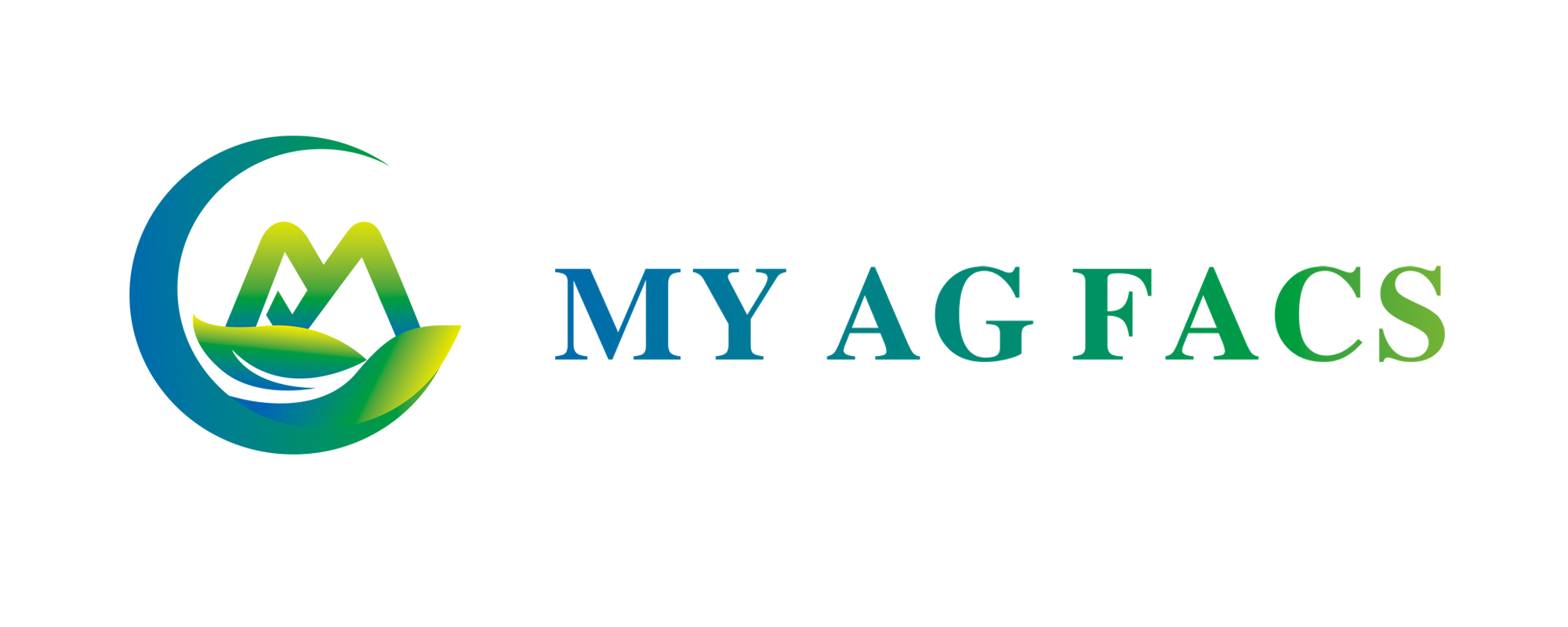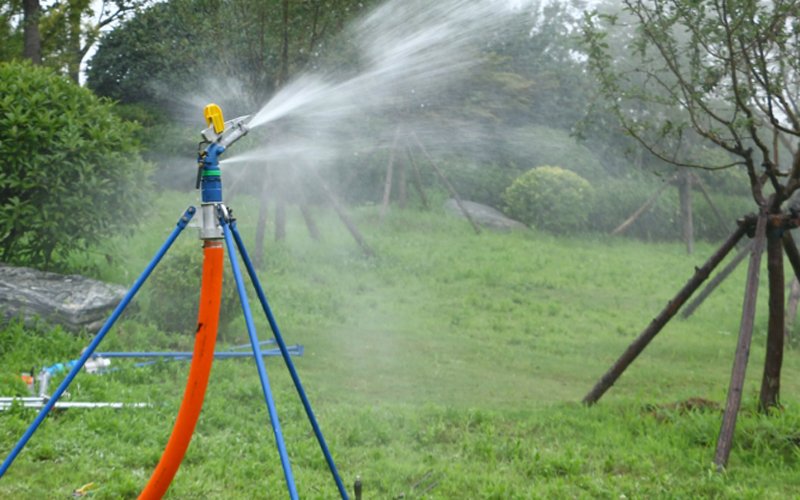
The difference between agricultural layflat hoses and industrial layflat hoses lies in their specific applications, construction, and features. Here are some key distinctions:
1. Application: Agricultural layflat hoses are primarily designed for use in agricultural irrigation systems. They are commonly used to transport water from a water source, such as a pump or reservoir, to the fields for irrigation purposes.
2. Construction: Agricultural layflat hoses are often made from lightweight materials such as PVC (Polyvinyl Chloride) or PE (Polyethylene). They are typically available in smaller diameters and lengths, suitable for irrigation systems in agricultural settings.
3. Pressure Rating: Agricultural layflat hoses generally have lower pressure ratings compared to industrial layflat hoses. They are designed to handle the lower pressure requirements typically encountered in agricultural irrigation systems.
4. Flexibility: Agricultural layflat hoses are typically more flexible and easier to handle and transport due to their lightweight construction. They can be easily rolled up or folded for storage and transportation.
5. Resistance to Chemicals and UV: Agricultural layflat hoses may have specific chemical and UV resistance properties to withstand exposure to agrochemicals and prolonged sunlight in outdoor agricultural environments.
6. Couplings and Fittings: Agricultural layflat hoses often come with specific couplings and fittings designed for agricultural applications, such as quick-connect fittings compatible with irrigation systems commonly used in agriculture.

New PE hose can replace PVC hose
Industrial Layflat Hose:
1. Application: Industrial layflat hoses are designed for a wide range of industrial applications, including dewatering, mining, construction, firefighting, oil and gas, and more. They are used for the efficient transfer of fluids, including water, chemicals, slurry, and other industrial materials.
2. Construction: Industrial layflat hoses are typically constructed with more robust and durable materials, such as synthetic fibers or rubber. They are available in larger diameters and longer lengths to meet the demands of industrial applications.
3. Pressure Rating: Industrial layflat hoses are designed to handle higher pressure requirements encountered in various industrial settings. They have higher pressure ratings compared to agricultural layflat hoses.
4. Abrasion Resistance: Industrial layflat hoses are often engineered to withstand the abrasion and wear typically associated with industrial environments. They may have additional reinforcement layers or outer covers for enhanced durability.
5. Couplings and Fittings: Industrial layflat hoses are compatible with a wide range of couplings and fittings depending on the specific application and industry requirements. Various types of connectors, such as camlock, storz, or threaded fittings, can be used to ensure secure connections.
6. Specialized Versions: Industrial layflat hoses may include specialized versions for specific applications, such as high-temperature resistance, chemical resistance, oil resistance, or anti-static properties.
It's important to consider the specific requirements of your application when choosing between agricultural and industrial layflat hoses. Factors such as pressure rating, material durability, flexibility, and compatibility with fittings and couplings should be taken into account to ensure the optimal performance and longevity of the hose in the intended application.
New PE hose can replace PVC hose